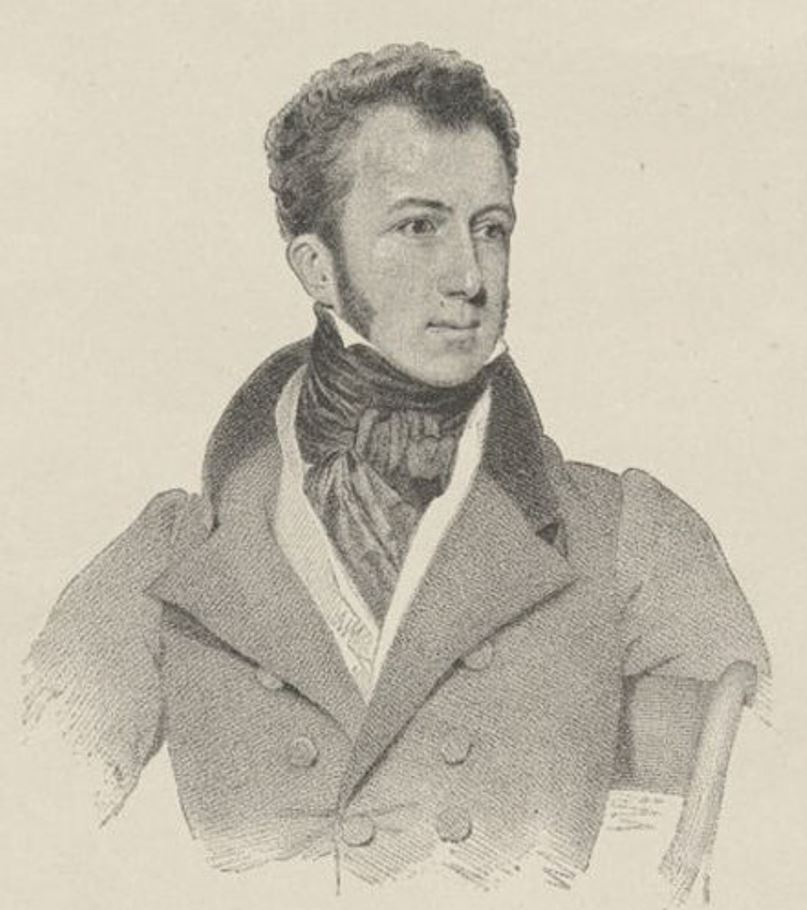Edward Gibbon Wakefield (1796 - 1862)

Edward Gibbon Wakefield
Edward Gibbon Wakefield was a politician, economist, writer and one of the British masterminds behind the colonization of Australia.
Edward was born into a respected Wakefield family in London, received a good education and served in the British Foreign Office. However, he was convicted for a marriage adventure and, sitting in prison, thought out a policy of colonization of Australia and New Zealand. In 1929, Wakefield published "An Outline of a Proposal for the Colonization of Australasia" and then published "A Letter from Sydney: the Chief City of Australia" on behalf of a certain expert on Australia. He proposed a scheme now sometimes called the Wakefield Scheme: it was aimed at settling the new colony of South Australia with able-bodied laborers, traders, artisans, and representatives of capital. It was to be financed by the sale of land to capitalists, who would thereby support other classes of emigrants. The colony was founded on December 28, 1836.
Wakefield was also the inspiration for the Durham Report (1839) on Canadian colonial policy. Wakefield subsequently created the blueprint for the Church of England settlement, Canterbury, on the South Island of New Zealand. From 1847 to 1850 the bulk of the "Canterbury Pilgrims" emigrated there, and in 1853 Wakefield became a member of the New Zealand General Assembly.
| Date and place of birt: | 20 march 1796, London, United Kingdom |
|---|---|
| Date and place of death: | 16 may 1862, Wellington, New Zealand |
| Period of activity: | XIX century |
| Specialization: | Economist, Politician, Writer |